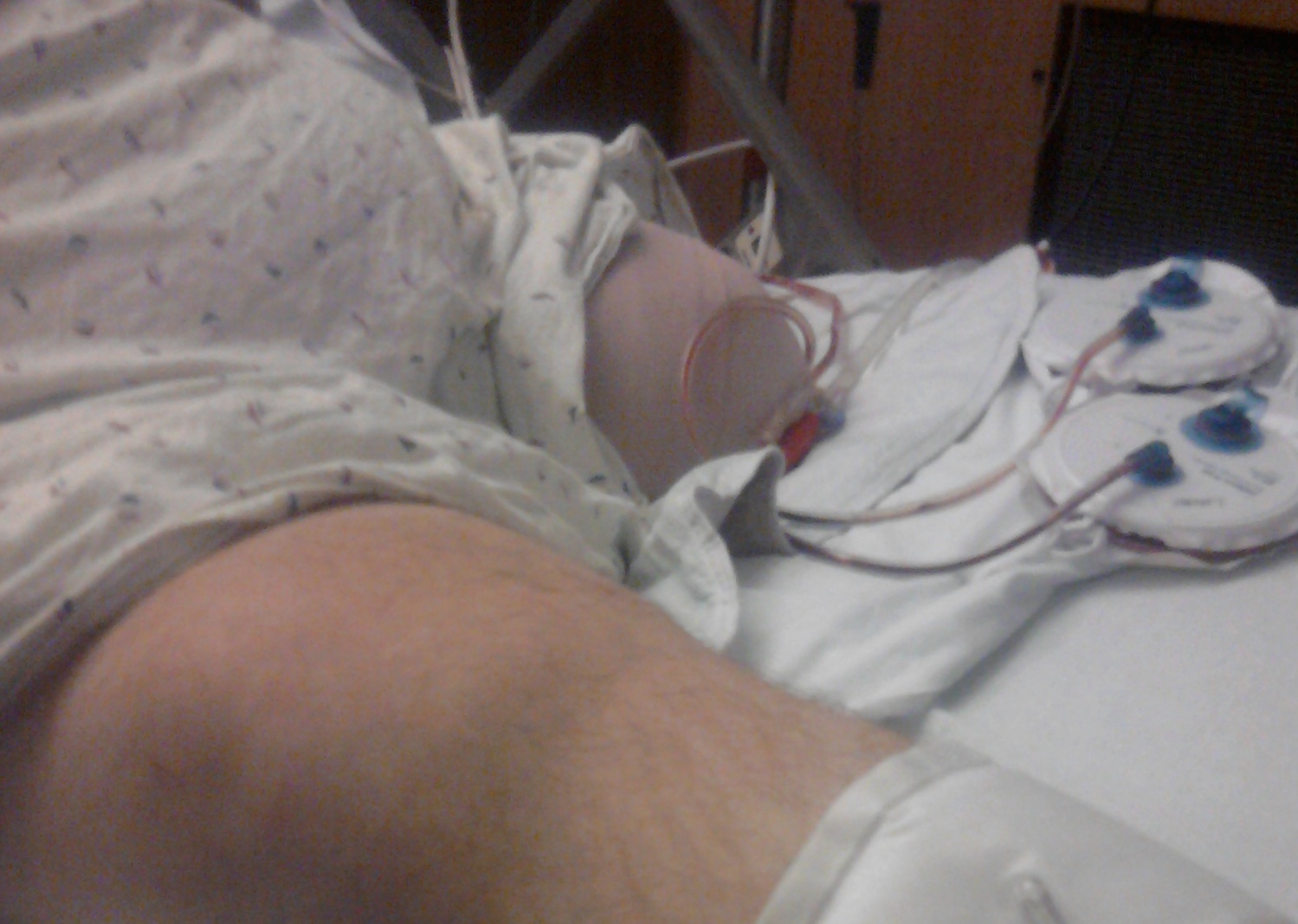Chronic wounds--often the consequence of diabetes, cancer, and other chronic illnesses are a very expensive and very challenging problem the world of health care. In 2009 it was reported that 6.5 million Americans suffered from this problem. At that time the annual expense of treatment was estimated to be $25 billion and growing, primarily due to longer life expectancies and the sharp rise in the incidence of diabetes.
Typically these wounds are a source of pain--and being chronic wounds, the pain can also be chronic. Sometimes diabetic wounds in particular are very slow to heal due to changes in circulation to the limbs, and sometimes amputation is necessary. Therefore it's logical to remediate the discomfort of these wounds with pain medications, including opioids.
But a new study released by George Washington University is causing second thoughts. After completing a study of 450 subjects who were victims of chronic wound problems, an interesting observation came about. According to study authors, “It seems that exposing patients to opioids may impact ultimate wound outcome. More work needs to be done to understand this finding and the possible mechanisms driving it. We look forward to continuing this research, which may lead to faster healing and improved patient outcomes.” While no one wants to see anyone suffer in pain needlessly, this conclusion surely leads us to think differently about the role of opioids for those with chronic wound issues....and so it should.
Sources: Newswise; NIH.gov;
Typically these wounds are a source of pain--and being chronic wounds, the pain can also be chronic. Sometimes diabetic wounds in particular are very slow to heal due to changes in circulation to the limbs, and sometimes amputation is necessary. Therefore it's logical to remediate the discomfort of these wounds with pain medications, including opioids.
But a new study released by George Washington University is causing second thoughts. After completing a study of 450 subjects who were victims of chronic wound problems, an interesting observation came about. According to study authors, “It seems that exposing patients to opioids may impact ultimate wound outcome. More work needs to be done to understand this finding and the possible mechanisms driving it. We look forward to continuing this research, which may lead to faster healing and improved patient outcomes.” While no one wants to see anyone suffer in pain needlessly, this conclusion surely leads us to think differently about the role of opioids for those with chronic wound issues....and so it should.
Sources: Newswise; NIH.gov;

Comments
Post a Comment